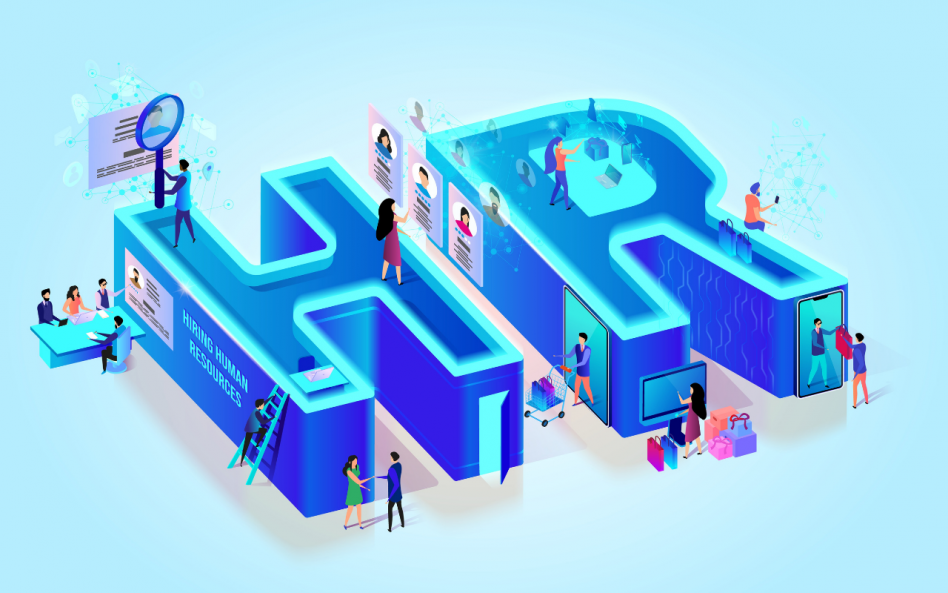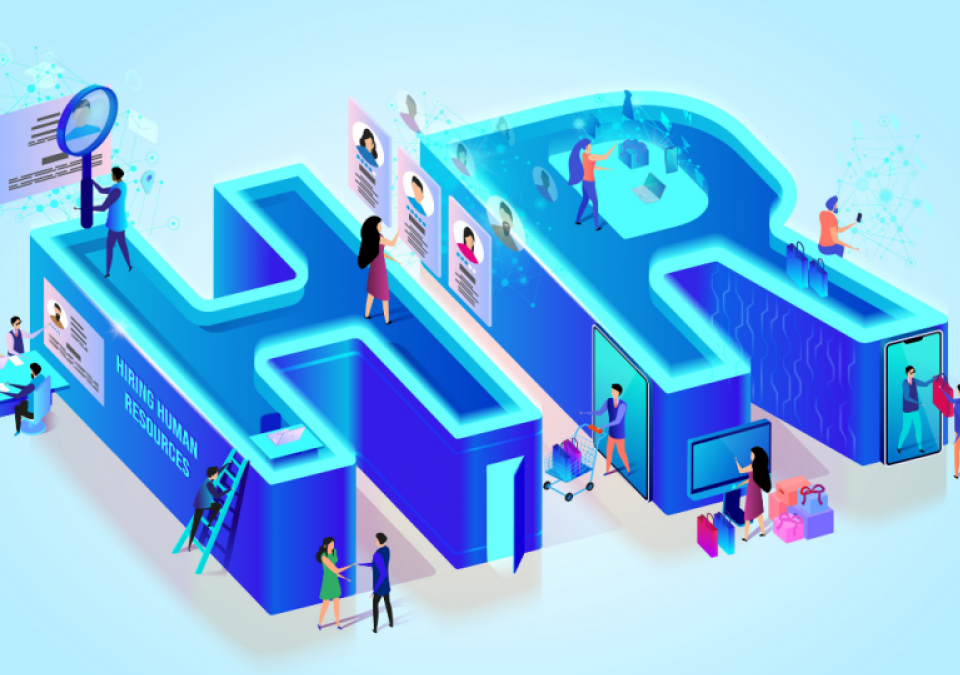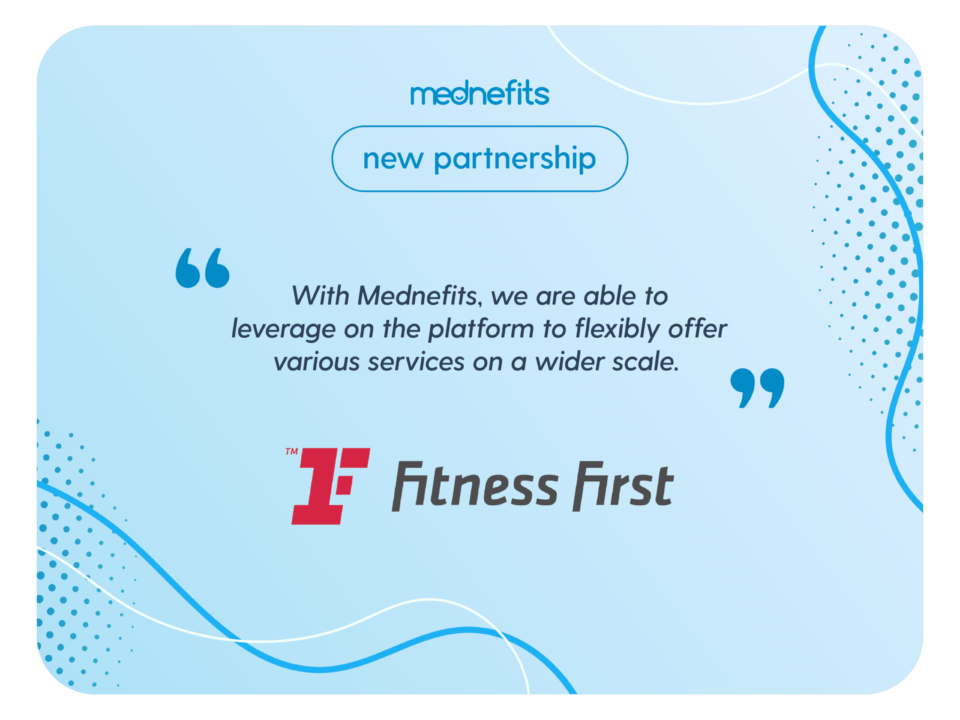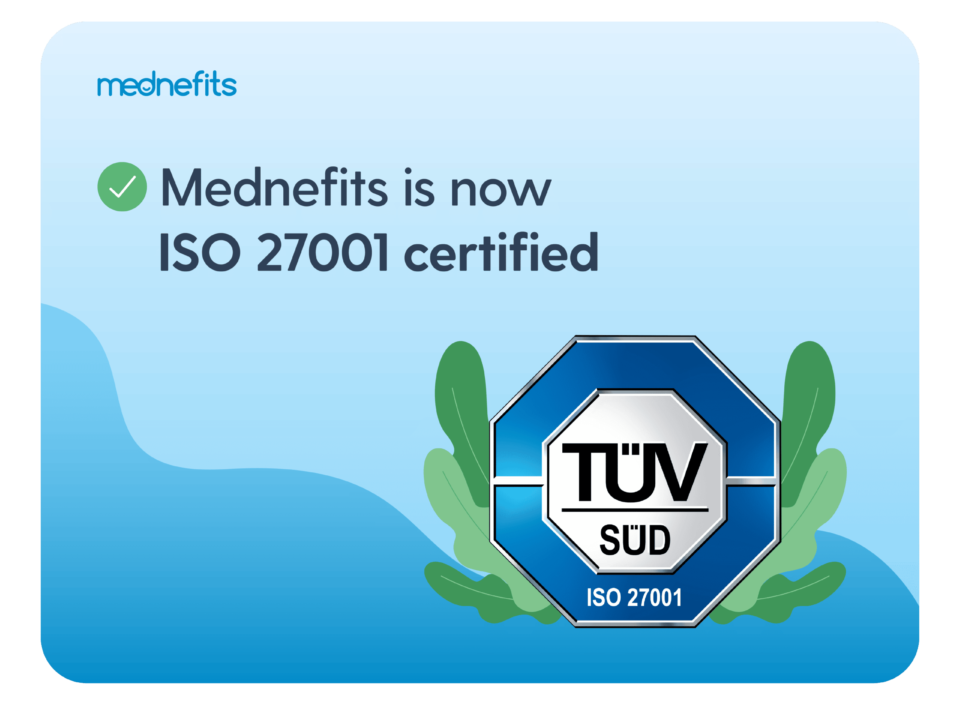
China Press Feature: Mednefits, medical benefits platform, aims to cooperate with 1500 panel clinics
December 29, 2020
Why attractive employee benefits matter more than you think
February 4, 2021Focus Malaysia Feature: Digitalising HR processes to adapt to new norms in the post-pandemic era
News
Focus Malaysia Feature: Digitalising HR processes to adapt to new norms in the post-pandemic era
January 21, 2021

Digitalising HR processes to adapt to new norms in the post-pandemic era
by Author at Focus Malaysia – January 8, 2021
The role of human resources (HR) is considered as the supporting pillars of a company. It is the glue that keeps the company together.
More often than not, the role becomes somewhat underappreciated and overlooked. But the job scope of a HR personnel is more than just pushing papers or addressing the needs of the employees and the company. It takes proactive measures to ensure the smoothness of the company’s operations.
However, as the COVID-19 outbreak caused a massive shift in the working environment by forcing countless work processes to change and adapt to the new norms, it’s only natural that HR processes would be disrupted as well.
In efforts of adapting to the new ways of doing work, companies put the utmost importance on digitising certain processes in order to improve productivity and keep up with the times.
According to a study by KPMG entitled The Work-from-home Revolution, 64% of Malaysian employees are facing challenges when it comes to working remotely, especially due to the lack of proper information technology (IT) infrastructure.
On this, Mednefits CEO Chris Teo believe that digitalisation plays a key role in helping companies streamline their HR processes.
“By investing in technologies that can completely digitalise communication, training, or employee benefit functions, for instance, HR teams can improve employee engagement, lower administrative costs, and make workflows — such as claims processing — even more simple than they were before the pandemic hit,” he told FocusM in an exclusive email interview.
Teo said that there are many aspects of HR duties that can be fully digitalised, such as employee benefits (...)



